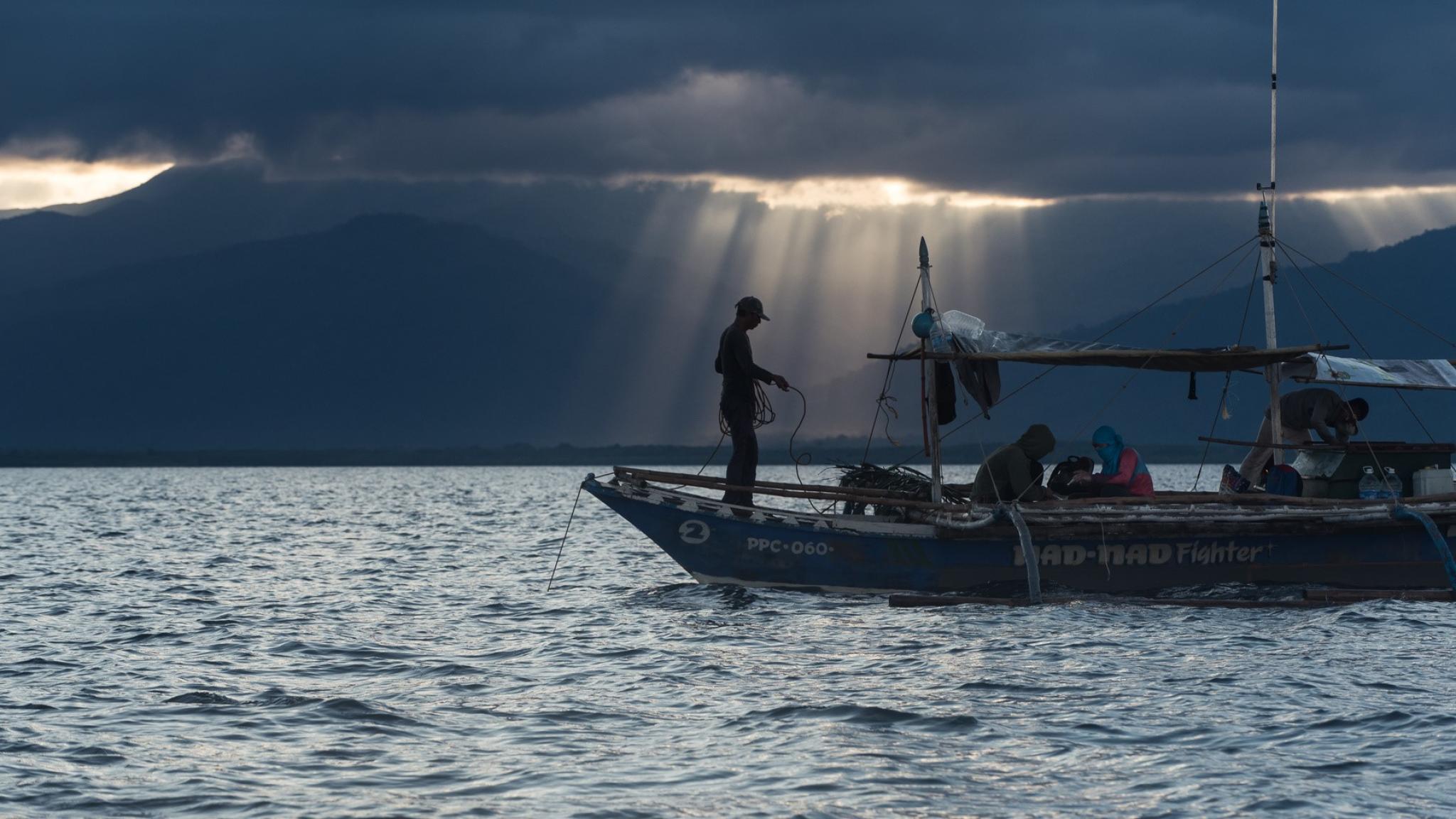A systematic literature review on the role of human ecology higher education institutions in policy development for food and nutrition security in the Philippines

Author(s)/Editor(s): Ron Jay P. Dangcalan, Stephanie Louise Austria, Caroline D. Piñon, Jennifer Marie S. Amparo, Maria Cristina D. Dimaano, Maria Emilinda T. Mendoza, Marife B. Dapito, and Klein R. Fernandez
Publication year: 2024
Publication type: Review
Find this publication at: Journal of Human Ecology and Sustainability
This research was funded by the ANU Philippines Institute collaborative research grant for the project: Strengthening the Role of Higher Education Institutions in Policy Development in Food and Nutrition Security using Transdisciplinary Problem-Solving Framework (SHIFT).
The issue of Food and Nutrition Security (FNS) in the Philippines has been exacerbated by the COVID-19 pandemic and persistent social, environmental and agricultural problems. To address this concern, the involvement of Higher Education Institutions (HEIs) is explored by reviewing the local policies in the Philippines. Applications and recommendations on how human ecology can address the complex problem of FNS were then noted. This systematic literature review used a framework synthesis approach wherein the Australian National University (ANU) Transdisciplinary Framework was used to check if the stated policies, applications, and recommendations were aligned with the framework components, which are interactive, integrative, change-oriented, systemic, context-based, and pluralistic. This transdisciplinary framework is expected to promote policy change and development related to FNS. After that, 38 articles were included in the review. Upon the review, no local policies fit all of the ANU Transdisciplinary Framework’s components. Nonetheless, these policies mostly separately address food security and nutrition security. However, there are still no established responses to the concern of FNS as an integrated concept of food security and nutrition security. HEIs contribute to developing FNS-related policies by intensifying advocacy for integrating food and nutrition security and improving FNS-related research and programs.


